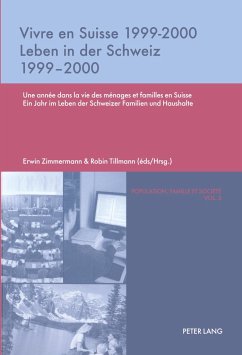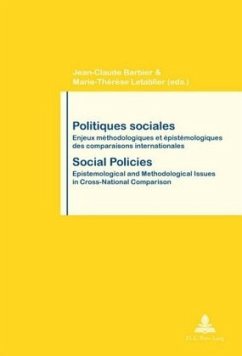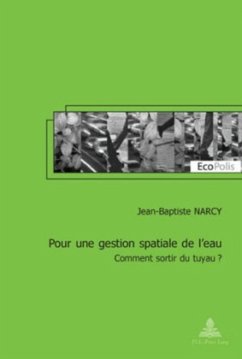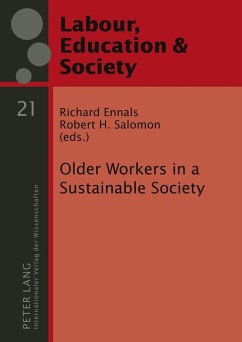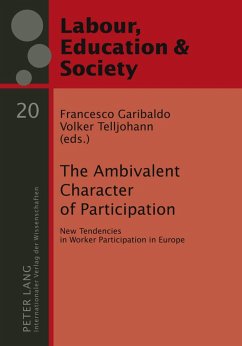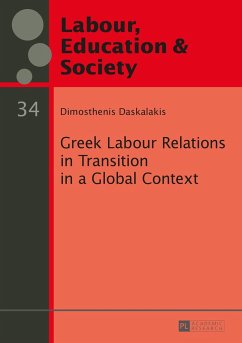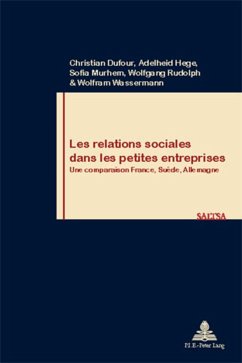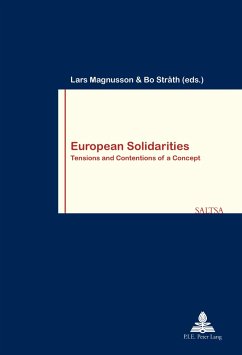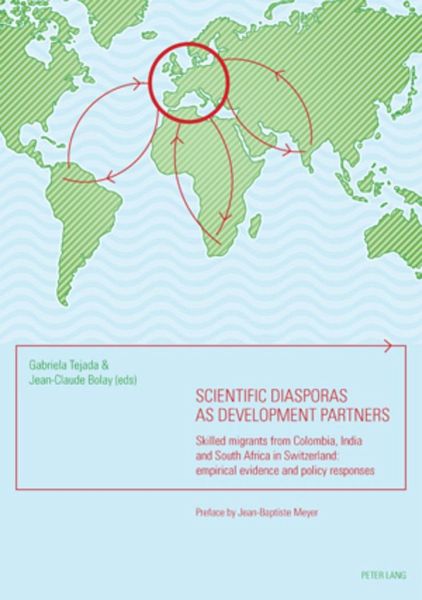
Scientific diasporas as development partners
Skilled migrants from Colombia, India and South Africa in Switzerland: empirical evidence and policy responses- Preface by Jean-Baptiste Meyer
Herausgegeben: Tejada Guerrero, Gabriela; Bolay, Jean-Claude
Versandkostenfrei!
Versandfertig in 6-10 Tagen
146,50 €
inkl. MwSt.

PAYBACK Punkte
0 °P sammeln!
Over the last two decades, globalisation has accelerated international migration flows, particularly of skilled labour. Yet increasing migration by skilled workers from developing countries ("brain drain") has raised serious concerns internationally about the adverse development impact on their countries of origin. This book, however, highlights the positive aspects of skilled labour migration as scientific diasporas are playing a growing role in the transfer of technology, skills and knowledge ("brain gain") to their home countries. This is a very significant development in a globalised world...
Over the last two decades, globalisation has accelerated international migration flows, particularly of skilled labour. Yet increasing migration by skilled workers from developing countries ("brain drain") has raised serious concerns internationally about the adverse development impact on their countries of origin. This book, however, highlights the positive aspects of skilled labour migration as scientific diasporas are playing a growing role in the transfer of technology, skills and knowledge ("brain gain") to their home countries. This is a very significant development in a globalised world where science, technology and knowledge can trigger economic and social transformations. The book presents solid empirical evidence of the contributions scientific diasporas make to their countries of origin, based on primary surveys of skilled migrants from Colombia, India and South Africa employed in Switzerland, a major destination country. The findings lead to a better understanding of the motives for migration, the profile of the scientific diaspora communities in Switzerland, and the varied ways in which they help their home countries. The book makes a significant contribution to the international policy debate and dialogue on migration and development. In particular, it shows how to leverage the potential of scientific diasporas as agents of home country development, by identifying good practices and offering specific recommendations for the countries of origin and of destination.



